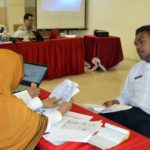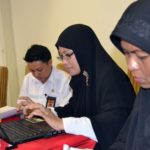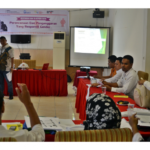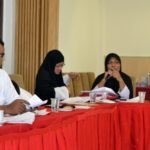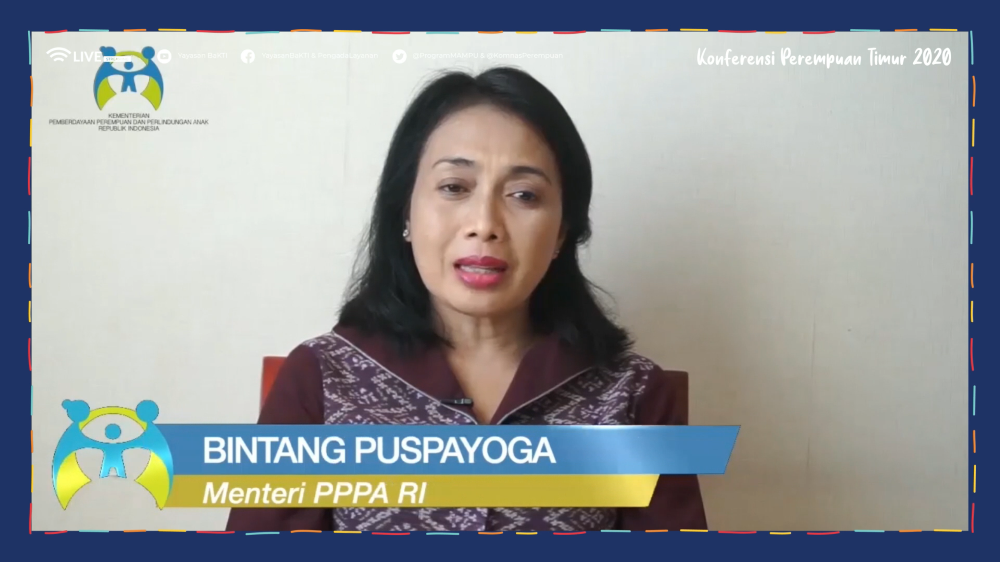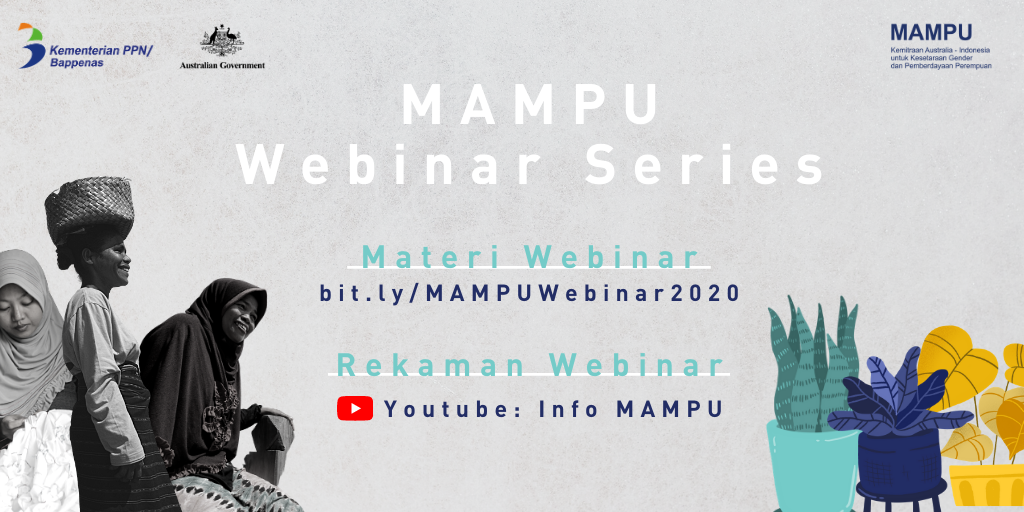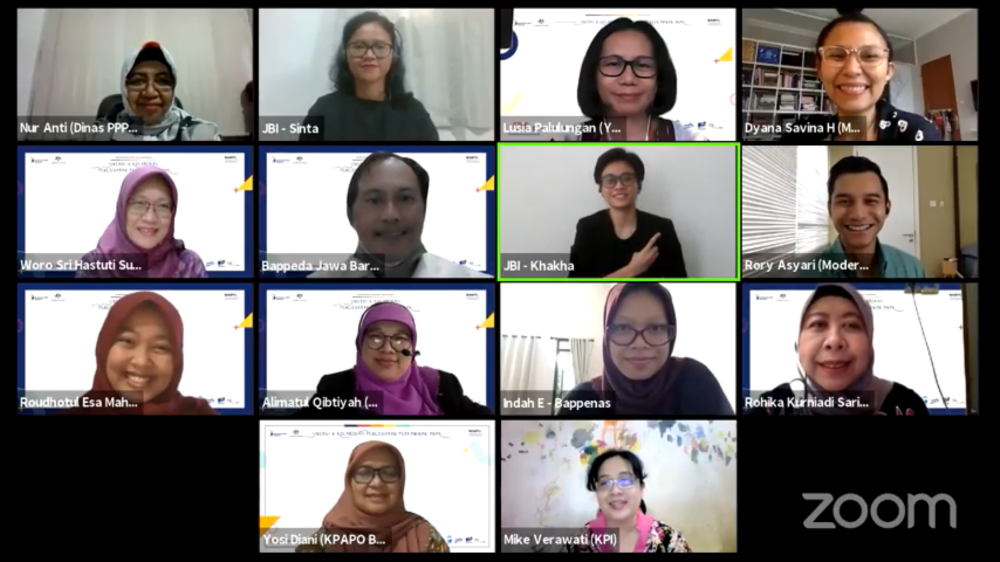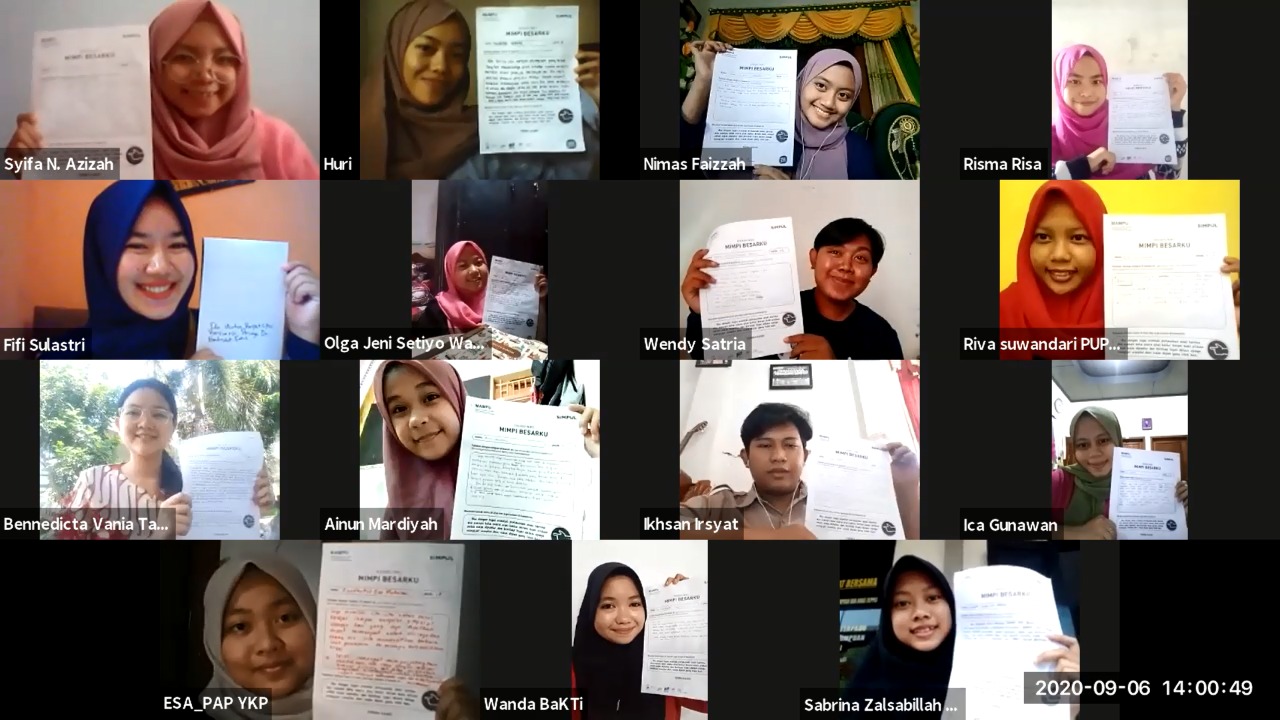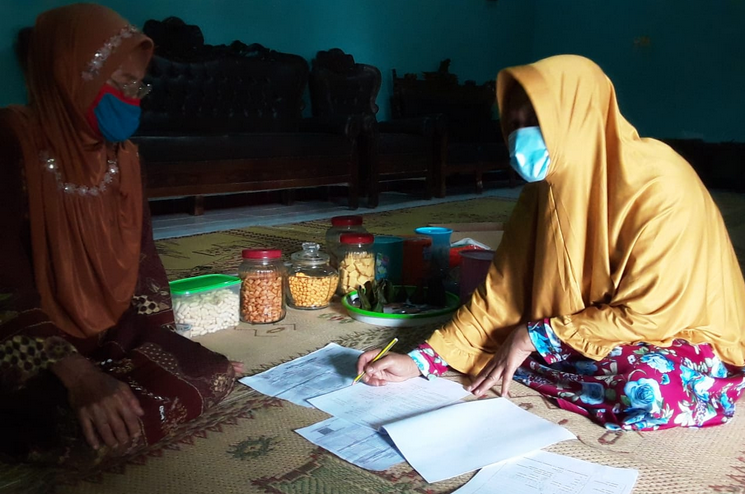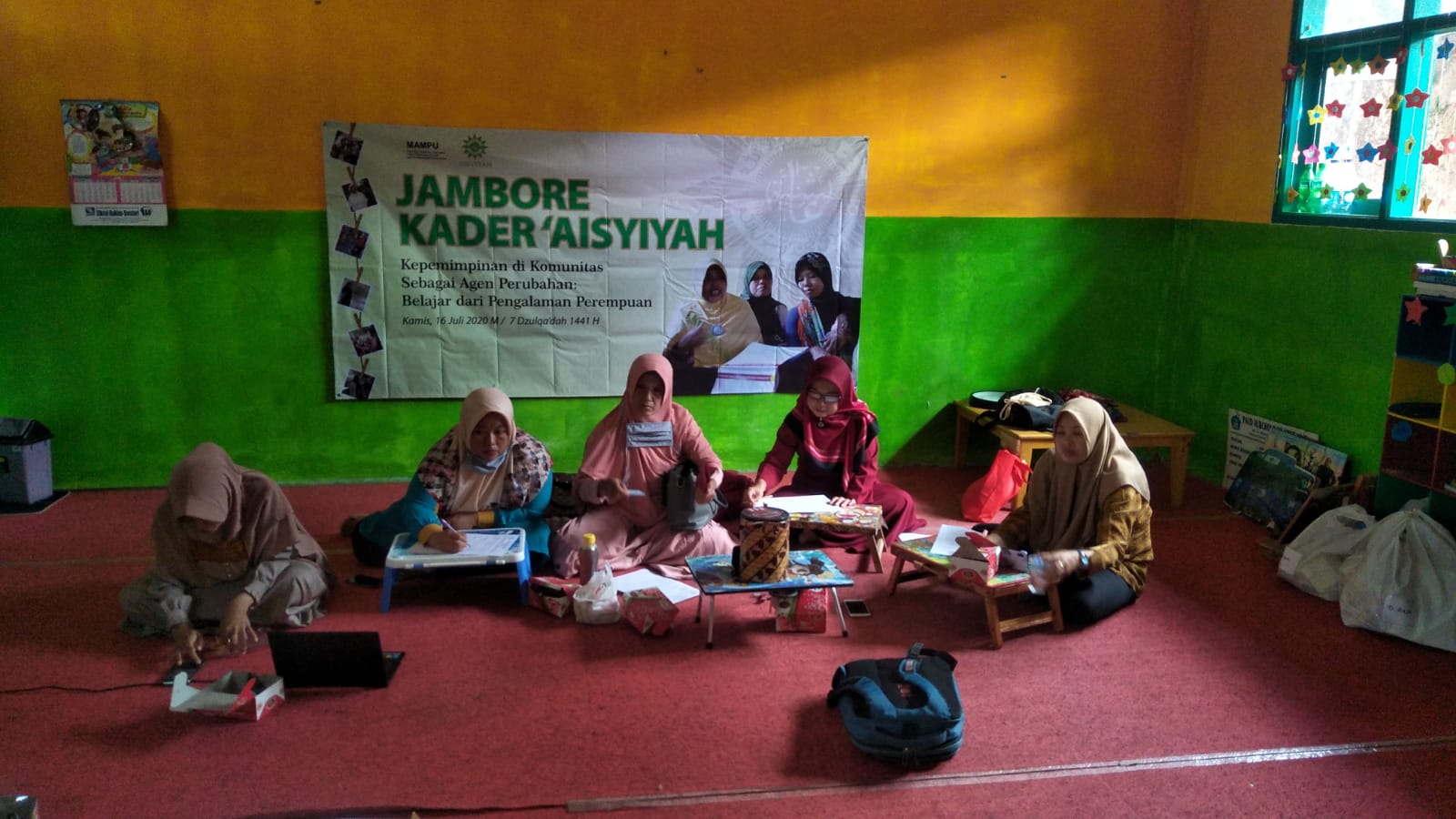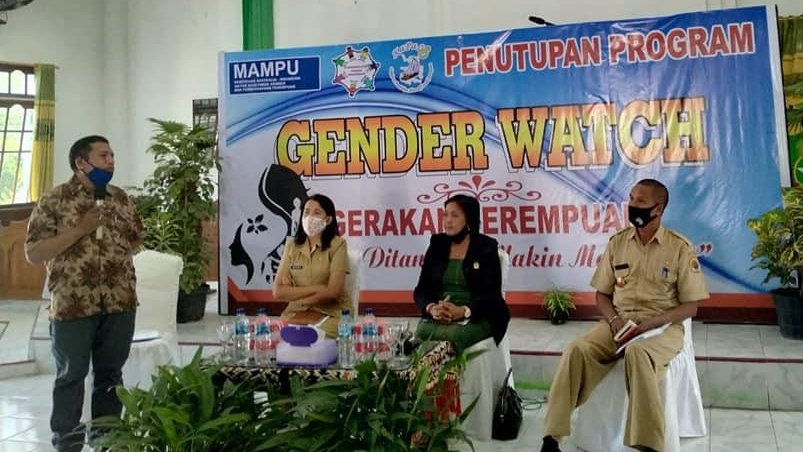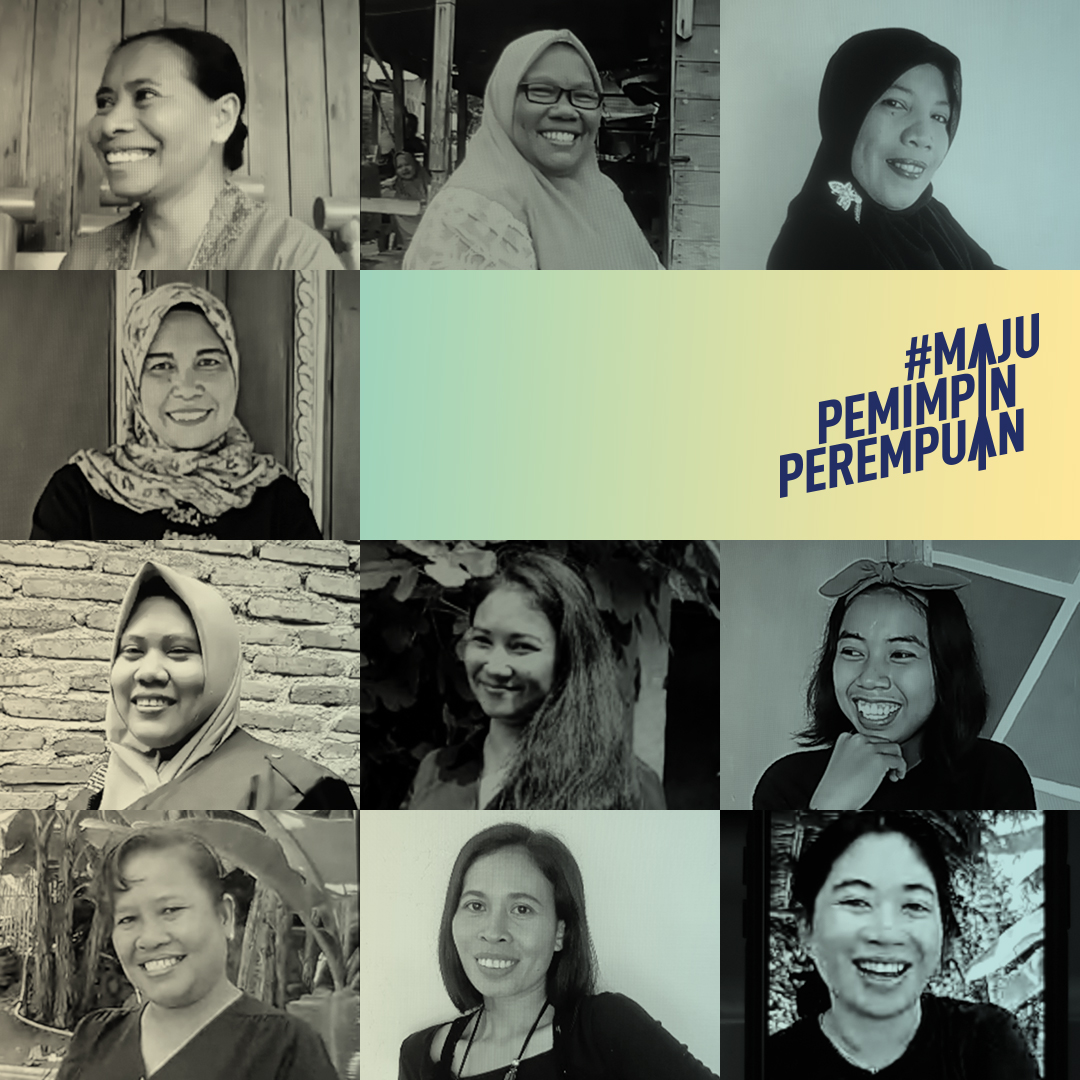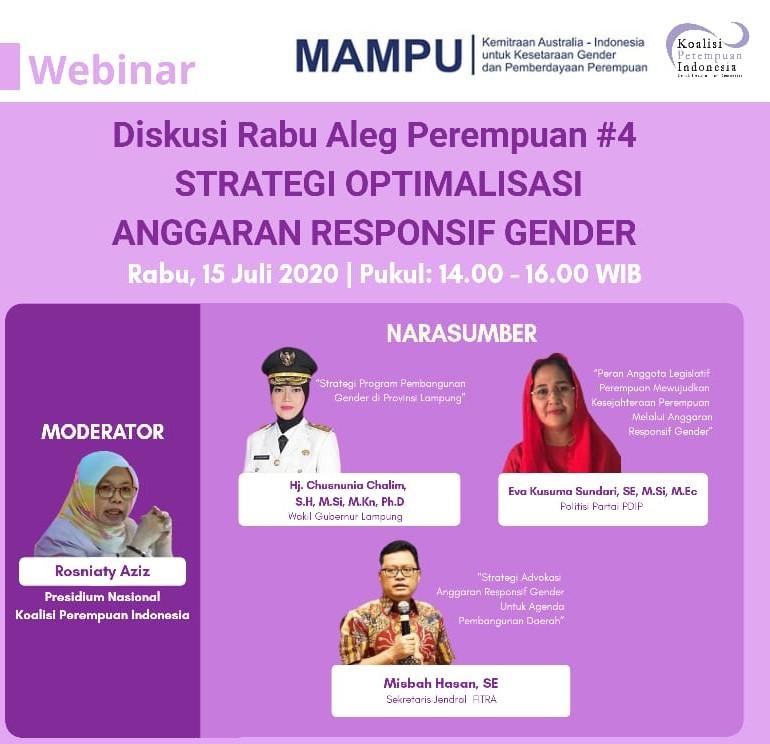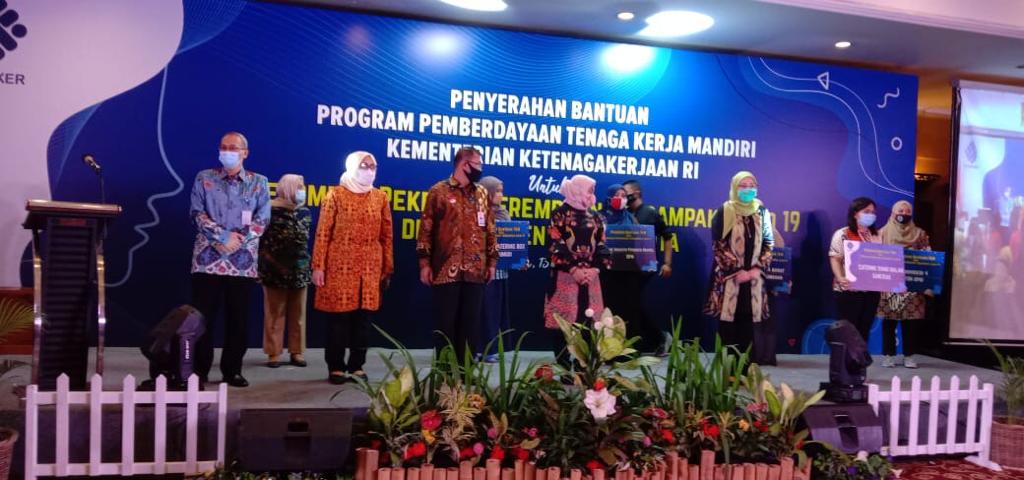Event
Planning and Gender Responsive Budgeting Mentoring and Technical Assistance to Working Units in Kendari
2 September 2016Author: admin
On 31st August 2016, the Yayasan Rumpun Perempuan Sultra (RPS) and BaKTI through MAMPU Program held a Planning and Gender Responsive Budgeting mentoring and technical assistance to working units (SKPD) in Kendari, Southeast Sulawesi.
The event was held at Pier 29 Cafe in Kendari, and joined by 14 planner officer who represented working units in Kendari City government, such as: Health Office, Community Empowerment Board (BPM), Women Empowerment, Child Protection and Family Planning (BPP, PA, and KB), Regional Planning Agency (Bappeda), Section of Legal Secretariat of Kendari, and representatives of Non Governmental Organisation (NGO).
This mentoring aimed to increase the working unit staffs’ capacity in planning and gender responsive budgeting. This event is the series of activities undertaken by RPS to encourage the Kendari government to make pro-poor and gender responsive policies.
This activity was facilitated by Yudha Yunus, BaKTI – MAMPU Program consultant and Misbahul Hasan, from FITRA National Secretariat. During the mentoring, the facilitators used presentations and direct practice methods to make participants more attracted.
During the activity, the participants learned about Kendari City budget overview; Understanding Gender, PUG, PPRG; Linkages between Gender, PUG and PPRG; and Practice of Gender Analysis Pathway and GBS (Gender Budget Statement).
Athikasari, Kendari City Planning Division staff stated, “The information presented in mentoring is very attractive. Previously, our understanding when talking about gender issues is focus on women only and while the working unit which in charge for it is only BPP, PA and KB. However, it turns out that gender issues can also be intervene through men and related working units”.
While Hartini, Section Head of Maternal and Child Health – Kendari City Health Department stated, “Previously, we never use gender analysis in making program. But we will use GAP analysis tools.”
Reported by: Alex Fabyo and M. Ghufran H. Kordi K. (BaKTI)




